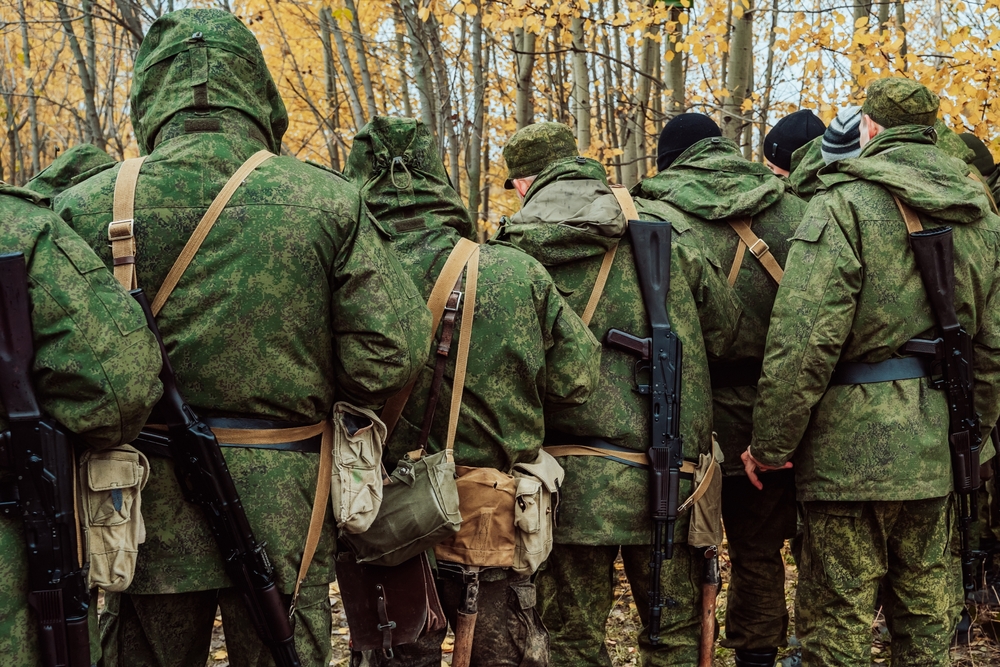Desperation and Revolt Spread Among Russian Troops
Others are reading now
War takes a toll on soldiers, both physically and mentally. When battles drag on, morale drops, and tensions rise.
This is exactly what seems to be happening in the Russian army after more than 1,000 days of war in Ukraine.
Reports suggest that frustration is growing among troops and commanders alike. Some are refusing orders. Others are taking more drastic steps, reports Ziare.
The Crimean partisan group ATESH has reported an increase in rebellion within Russian military ranks.
Also read
Commanders in some areas, especially in Kherson, are resisting orders to send soldiers into deadly assaults.
The reason is simple—many units have suffered such heavy losses that they have no one left to replace the dead or wounded.
Some officers are even sabotaging their own equipment to avoid being sent into hopeless battles.
At the same time, suicide rates among Russian soldiers appear to be rising. While exact numbers are difficult to confirm, Ukrainian officials report that occupied areas like Luhansk and Donetsk are seeing alarming trends.
Artem Lysohor, head of Ukraine’s Luhansk Regional Military Administration, stated that in 2024 alone, a Russian soldier took his own life every two days in occupied Luhansk.
Mistreatment by commanders is a major factor in this crisis. Russian officers often use threats, violence, and relentless pressure to control their troops.
Some soldiers are forced to sit in pits at their positions all day, leading to severe mental distress.
ATESH reported that an investigation was recently launched into suicides within the 1196th Motorized Regiment in Kherson, suggesting that even the Russian military can no longer ignore the issue.
Desertions are also increasing, though escaping is nearly impossible. More than 1,000 soldiers from the 20th Division reportedly fled last spring.
However, Russian forces have implemented strict measures to prevent defection. Soldiers face brutal punishment if caught.
Some are locked in underground cells for “educational conversations” led by special services. Others are shot on the spot by “barrier troops” stationed behind the front lines to prevent retreat.
Moving within occupied Ukraine is also heavily restricted. A Ukrainian intelligence officer explained that Russian checkpoints control movement throughout the region.
Once deployed, a soldier remains trapped in his assigned area with little hope of escape.
The situation within the Russian army is deteriorating. As losses mount and morale collapses, cracks are forming.
Rebellion, suicide, and desertion are all signs of a force struggling to hold itself together. How much longer can it last?

